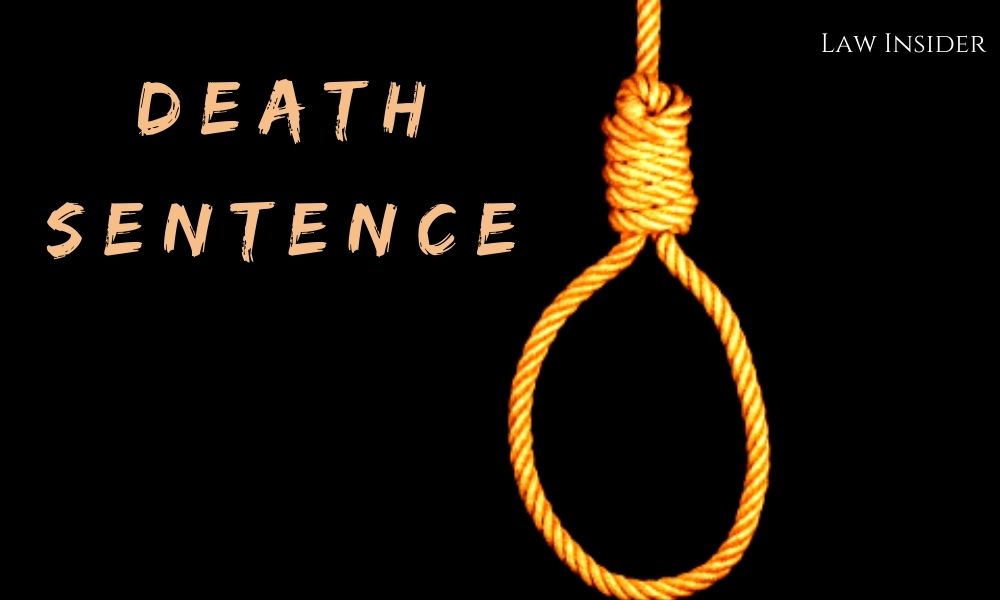LI Network
Published on: November 14, 2023 at 13:57 IST
The Supreme Court has commuted the death sentence of an individual accused of participating in a fatal shooting in Muzaffarnagar, Uttar Pradesh, where multiple lives were lost due to suspected political enmity.
The Bench comprised of Justices BR Gavai, BV Nagarathna, and Prashant Kumar Mishra, set aside the death penalty after finding that, although the crime qualified as ‘rarest of rare,’ the convicted individual was not beyond reform.
The convict, who had a history of prior convictions in another murder case, had his recidivism considered by the confirming court. However, the Supreme Court asserted that past conduct should not always be a decisive factor when imposing the death penalty, especially when the non-commutation of the sentences of co-accused individuals would create an anomalous situation.
The case originated from a 2003 incident in Muzzafarnagar, involving a politically motivated attack resulting in multiple casualties. Despite acknowledging the crime’s shocking nature and its impact on society, the Supreme Court assessed the possibility of reformation for the convicts.
While recognizing the severity of the offense, the court decided to commute the death penalty, specifying that the convicts must serve at least twenty years without the possibility of remission.
The Supreme Court’s decision was based on a detailed examination of the contingencies listed in section 2(2)(b) of the Smugglers and Foreign Exchange Manipulators (Forfeiture of Property) Act, 1976 (SAFEMA).
The court emphasized that, apart from the specified conditions, SAFEMA would apply to anyone with a detention order under COFEPOSA (Conservation of Foreign Exchange and Prevention of Smuggling Activities Act, 1974).
The court referred to a March 2023 judgment in Sundar alias Sundarrajan v. State, highlighting the importance of the ‘rarest of rare’ doctrine and asserting that a death sentence should be imposed only when there is no possibility of reformation.
Applying both the ‘crime test’ and the ‘criminal test,’ the court concluded that there was a possibility of reformation for the appellant, as indicated by reports from jail authorities and the Institute of Human Behaviour and Allied Sciences (IHBAS).
The court also considered the anomaly in imposing the death penalty on the appellant while the sentence of a co-accused had been converted to life imprisonment.
Highlighting the similarity in the roles attributed to all accused individuals, the court concluded that maintaining the death penalty for one individual would lead to an anomalous situation.
In conclusion, the Supreme Court dismissed the appeal of one co-accused while allowing the plea to set aside the death penalty for the appellant.
While the murder conviction remained, the court opted for a ‘middle path,’ converting the death penalty into life imprisonment with a fixed term of 20 years without remission.
Case Title: Madan v. State of Uttar Pradesh | Criminal Appeal No. 1381-1382 of 2017
Also Read: A look into Fundamental Rights and Capital Punishment in different Countries

